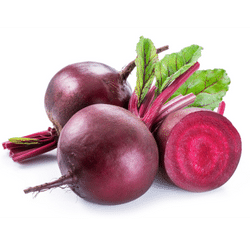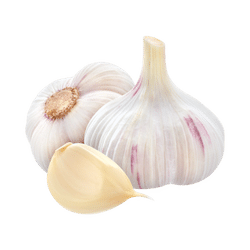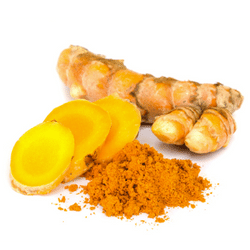part 2 of 2 part series
As highlighted in the earlier article, enhancing your immunity goes beyond dietary choices. It’s crucial to prioritize your overall well-being by ensuring adequate sleep, engaging in regular exercise, managing stress, and indulging in self-care activities. Recognize that a robust immune system isn’t solely reliant on physical measures; it requires a holistic approach that encompasses both body and mind. Therefore, focus on staying hydrated, nourishing your body, staying active, getting proper rest, and finding moments of joy – your immune system will greatly benefit from these efforts!
Support Your Gut Microbiome
Studies suggest that beneficial bacteria play a crucial role in educating the immune system, enabling it to differentiate between friendly and harmful pathogens. These bacteria also produce essential nutrients and maintain a balance by controlling harmful bacteria. A key method to nurture and sustain a healthy microbiome is through the use of probiotics. These supplements not only enhance digestive function but also bolster the immune system, positively impact brain health, elevate mood, and might even aid in preventing common colds. Probiotics serve as a valuable tool in promoting overall well-being by nurturing the delicate balance of our body’s internal ecosystem.
Additional fundamental guidelines for promoting optimal digestion and gut health include:
- Consume soluble and insoluble fibre
- Drink water!
- Eat fermented foods (sauerkraut, pickles, dairy-free yogurt/kefir, etc.)
- Eat prebiotic foods (jerusalem artichoke, garlic, onions, leeks, dandelion greens)
- Don’t overuse antibiotics
- Chew your food well
- Reduce or eliminate refined sugars
Get a good night’s sleep
Quality sleep plays a vital role in maintaining overall health and boosting your immune system. It is during sleep that your body undergoes essential healing and repair processes. A good night’s rest not only contributes to physical well-being but also significantly impacts your mental state and focus for the following days. To ensure restorative sleep, it’s crucial to eliminate all sources of light in your room, including alarm clocks. Light exposure disrupts the natural production of melatonin, a hormone essential for regulating sleep, highlighting the importance of creating a completely dark sleeping environment for optimal rest and well-being.
Take Time to Exercise
Engaging in regular exercise significantly enhances the immune system’s ability to combat infections by reducing inflammation and improving circulation. These effects enable the immune system to operate with greater efficiency. The beauty of exercise lies in its versatility – any form of physical activity, tailored to your preferences and abilities, can be beneficial. The key is to discover what exercise regimen suits you best and make it a consistent part of your routine. By doing so, you empower your immune system, ensuring it operates at its optimal capacity to safeguard your overall health.
Manage Your Stress and Personal Time
The impact of stress on a person, regardless of their health, can be rapid and severe. When the body is under stress, crucial functions like immunity, digestion, and healing mechanisms are abruptly halted. Managing stress becomes paramount; it’s vital to prioritize self-care activities that bring joy and relaxation. Incorporating practices such as getting a massage, practicing mindful meditation, enjoying sessions in an infrared sauna, immersing yourself in nature, and indulging in self-pampering can be remarkably beneficial. By dedicating time to these activities, you not only alleviate stress but also nurture your overall well-being, ensuring a healthier and more balanced lifestyle
Make Sure to Hydrate – Drink Water
Water is incredibly vital for sustaining a robust immune system, considering that our bodies consist of 70-80% water. It serves as a natural detoxifier, flushing out toxins from cells, preserving youthful and hydrated skin, and promoting overall health. A general guideline to ensure adequate hydration is to drink half your current weight in ounces each day. By adhering to this rule, you not only maintain proper hydration but also support your immune system, enabling it to function optimally and bolstering your overall well-being.
While following this guidance doesn’t guarantee immunity from illnesses, the reality is that everyone is likely to catch a bug occasionally. However, by boosting your body’s natural immunity, you’re significantly enhancing its ability to fight off infections, potentially reducing the duration and severity of illnesses. Taking these proactive measures offers your body the best possible chance to combat illnesses effectively and support your overall health in the long run.







